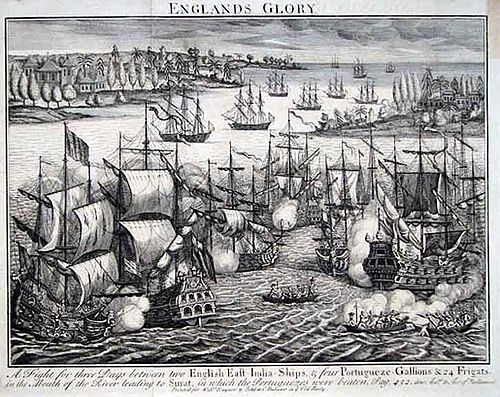1612 Historical Overview
1612 (MDCXII) was a leap year starting on Sunday of the Gregorian calendar and a leap year starting on Wednesday of the Julian calendar. It marked the 1612th year of the Common Era (CE) and Anno Domini (AD) designations, the 612th year of the 2nd millennium, the 12th year of the 17th century, and the 3rd year of the 1610s decade. As of the start of 1612, the Gregorian calendar was 10 days ahead of the Julian calendar, which continued in localized use until 1923.
Events
January–March
January 6 – Axel Oxenstierna becomes Lord High Chancellor of Sweden, persuading the Riksdag of the Estates to grant the Swedish nobility the right to hold all higher offices of government.
January 10 – Gustavus Adolphus replies to Metropolitan Isidor, stating his intent to assume responsibility for the government of Novgorod and claims the title of Tsar of all Russians.
January 20 – Rudolf II, Holy Roman Emperor, dies. Several candidates vie for his succession, with Archduke Matthias eventually being elected.
An uprising led by Dmitry Pozharsky begins in Moscow against occupying Polish troops.
February 11 – In the Battle of Vittsjö, King Gustavus Adolphus of Sweden suffers a retreat from Denmark.
March 2 – The False Dmitry III is recognized as Tsar of Russia by the Cossacks.
March 12 – At Daulambapur, a battle occurs between Mughal Empire troops and Afghan defenders, ending in a narrow defeat for the Mughals.
April–June
April 10 – In England, the notorious Pendle witches hold a coven, leading to mysterious deaths and subsequent witch trials.
April 11 – Edward Wightman is the last person to be burned at the stake in England for heresy.
May 10 – Prince Khurram marries Arjumand Banu Begum in Delhi, who later becomes known as Mumtaz Mahal.
June 13 – Archduke Matthias is formally elected as the new Holy Roman Emperor, a title he assumes on June 26 during a coronation ceremony.
July–September
July 4 – In Myanmar, Min Khamaung is crowned as the new King of Arakan.
August 20 – Ten Pendle witches are hanged after being convicted of practicing witchcraft.
September 1 – In the Battle of Moscow, Polish-Lithuanian Commonwealth forces attempt to break a Russian siege but ultimately fail, suffering heavy losses.
October–December
October 27 – Polish-Lithuanian Commonwealth forces surrender in Moscow, marking a significant victory for Russian militias.
November 20 – The Treaty of Nasuh Pasha is signed between the Ottoman Empire and the Safavid Empire.
December 15 – Simon Marius becomes the first person to observe the Andromeda Galaxy through a telescope.
December 28 – Galileo Galilei observes Neptune for the first time, mistakenly cataloging it as a fixed star.
Births
January–March
January 17 – Thomas Fairfax, English Civil War general (d. 1671)
February 5 – Crown Prince Sohyeon of Korea (d. 1645)
March 20 – Anne Bradstreet, American Puritan poet (d. 1672)
April–June
April 10 – Francesco Lorenzo Brancati di Lauria, Italian Catholic cardinal (d. 1693)
May 26 – Raja Wodeyar II, King of Mysore (d. 1638)
June 1 – Frans Post, Dutch painter (d. 1680)
July–September
July 27 – Murad IV, Ottoman Sultan (d. 1640)
August 2 – Saskia van Uylenburgh, Rembrandt’s wife (d. 1642)
September 24 – William Gawdy, English politician (d. 1669)
October–December
October 20 – Richard Boyle, 1st Earl of Burlington (d. 1698)
November 28 – Sir Thomas Whitmore, 1st Baronet, English politician (d. 1653)
December 2 – David Ryckaert III, Flemish painter (d. 1661)
Deaths
January–March
January 20 – Rudolf II, Holy Roman Emperor (b. 1552)
February 6 – Christopher Clavius, German mathematician (b. 1538)
April–June
April 11 – Edward Wightman, English preacher (b. 1580)
May 24 – Robert Cecil, 1st Earl of Salisbury (b. 1563)
July–September
August 12 – Giovanni Gabrieli, Italian composer (b. c. 1554)
September 12 – Tsar Vasili IV of Russia (b. 1552)
October–December
November 6 – Henry Frederick, Prince of Wales (b. 1594)
November 20 – John Harington, English courtier and inventor (b. 1561)

